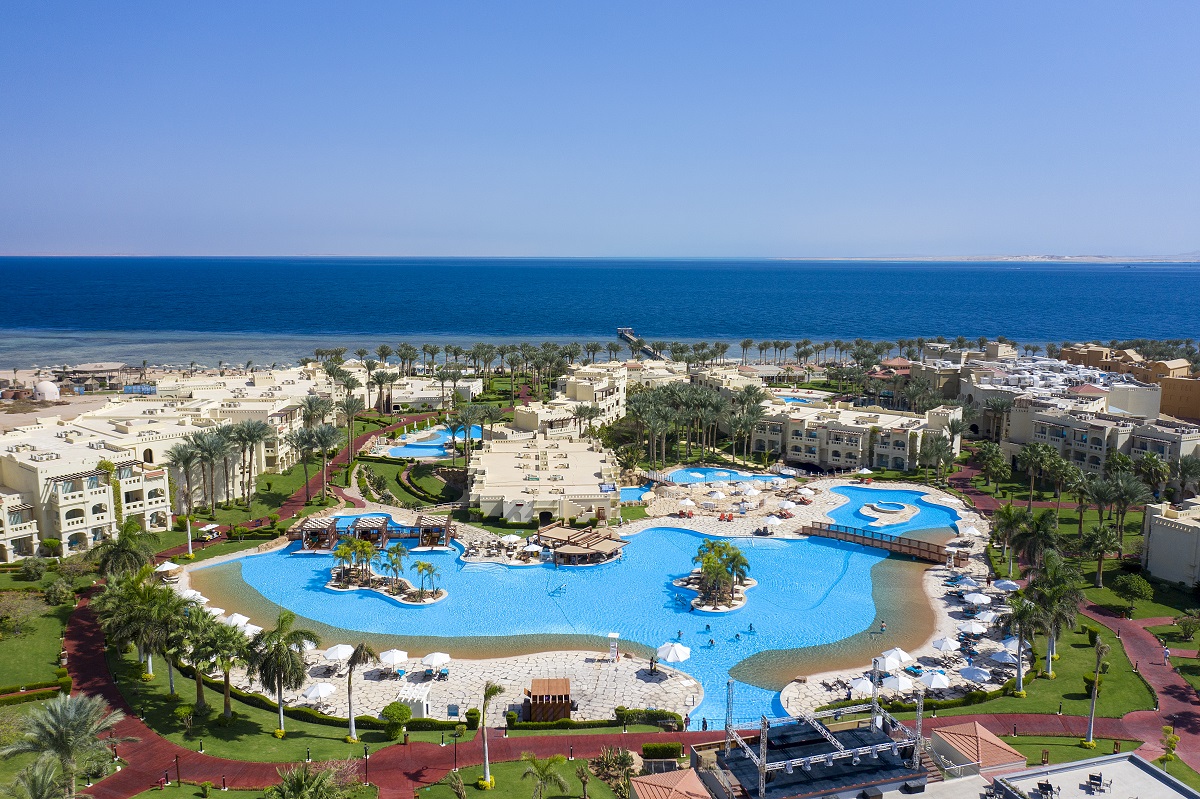JLL has released its 2019 SA Hotel Investment Outlook report forecasting that R1.9 billion will be invested into new hotels, and around R6.9 billion in total over the next three years. This translates into 3,900 new rooms across South Africa. The report highlights that there has been a clear shift in the way that capital is being deployed into the hotel sector, with a number of opportunistic and disruptive activities driving this increase in development activity.
Despite the uptick in new development, the hotel sector has not been spared from poor macro-economic headwinds in recent years and performance has been challenging, with revenue per available room declining 1.4% for during 2018. Poor levels of business confidence and pressure on government travel has been the primary reason for the weaker trading.
The report was released at the Africa Hotel Investment Forum (AHIF) which kicked off today in Cape Town; it will look at the South African hotel market and how the dynamics differ from Sub-Saharan Africa as well as the opportunities and challenges this region of Africa presents. It is aimed at connecting business leaders from the international and local markets, in order to drive investment in tourism projects across Africa.
Xander Nijnens, Head of Hotels and Hospitality at JLL South Africa, says: “The increase in hotel development is encouraging as it is a clear indication that investors remain positive about the fundamentals of the hospitality sector despite the macro-economic headwinds. However, much of this new supply is not underpinned by optimal demand fundamentals and hotels that are unable to position themselves uniquely in the market or adapt to changing consumer demand, will be most adversely affected.”
The report draws attention to the emergence of new investors, many of which have been successful at disrupting the sector, with innovative lifestyle concepts that offer a compelling value orientated package. Talking to disruptive operating models, Nijnens notes: “Between higher development costs, the density of full-service branded hotels in major markets, and the higher operating costs of full-service vs select service hotels, the road to growth and scale is changing for hotel operators. Many new entrants have successfully disrupted the market by having a unique and innovative concept at a more affordable price point.”
Wayne Godwin, Senior Vice President for JLL Sub-Saharan Africa, says “The key for the sector will be to balance the exuberance of new entrants – with the deployment of their fresh capital in a way that does not lead to supply and demand imbalance. The traditional players would do well to focus on freshening up their brands and consolidating their dominant position through strategic investments in anticipation for stronger macro-economic tailwinds.”
Despite some short-term challenges, the long-term fundamentals of the South African hospitality sector remain strong. While most markets will see further occupancy pressure in the short-term, the success of disruptive new entrants is likely to continue, with hotels on the periphery of core nodes and those not able to meet the changing needs of the consumer likely to come under more pressure through the cycle.



